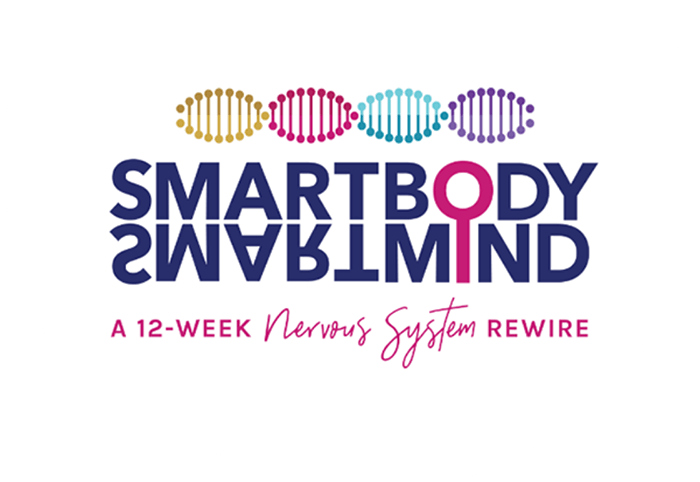I’m 51 and in a loving relationship for 11 years. I’ve since the start, had my nervous system going into a hypervigilant mode around my partner’s involvement with his ex and his kids, which feels like a big threat to my internal safety. It’s all above board in doing the right thing from his part. I think I’ve got complex PTSD from being exposed to this regularly. I was born breached with hip joints not developed properly and was put into a contraption for a few early weeks and I never cried and I slept a lot and I wasn’t interested in feeding. Freeze? Any advice?
Call Tag: triggered
In a previous Q&A on being triggered by watching the news you said to differentiate between new grief from the news and our own stored grief being released. I can’t tell when grief is from current, minor, sad things in my life or old unprocessed grief. I have tears, my chest and belly squeezes till I run out of air. I gasp and this repeats until it stops and then I’m numb. How can I tell if I’m just blowing up at minor things and never touching the old stuff?
Being triggered is always an opportunity to work with old trauma,” is something I said in a previous call. “Instead of just soothing and resourcing, I might need to get rid of some old balls to get to another layer?
What to do if you’re in a situation like a single mom who has kids and you’re trying to do this work and you don’t have the break that that partner can come in and give you
“As I’m able to track my sensations and emotions, I notice it’s easier to cry. To experience sadness and fear, as opposed to anger. And I’m able to rationalize some for the people that have hurt me.” That sounds like maybe you can understand where they were coming from, kind of deal. “They say hurt is under anger, and I don’t want to bypass that emotion altogether.”
When I was a baby, I wore a harness that pushed my femurs into the pelvis to form hip sockets.” So if you’re online, if you can just clarify for me in the chat, it sounds like what you’re saying is you were born with some kind of physical abnormality, that the doctors had the impression they needed to use some kind of corrective harness that helped the femurs go up into the pelvis and form hip sockets. Hip dysplasia. Okay, great. Thanks. Yeah, so I just wanted to be clear on that. “So my mother said she knew I got used to it because I stopped crying after a week. Sounds like I went into freeze.” You betcha. Oh yeah. “I have had CFS for the past 20 years, I’m now 51, an extreme heaviness in my legs, perhaps from being strapped into the harness for months.” Yeah. Yep. That is very likely. “I completed SBSM 11, but the chronic fatigue and heaviness have not budged. Any specific neurosensory lessons I can focus on to try and process this old pain?
In today’s call, Irene gives the example of stubbing her toe and how to work through that in body orienting. Can you please give an example of something happening more emotional than physical and how to work through that in the body? For example, getting into an argument with a spouse or other family member. I feel very triggered by things my spouse says or does, and I know it’s because of my dysregulated nervous system, so I’d like some tips on how to recognize that and release the ball from the pool.
“I know dysregulation often causes reduced hunger and appetite, but can the opposite be true?” You betcha. “I’m always hungry, never satiated. When I intentionally eat a balanced meal, I still feel hunger sensations even if I’m physically full and stuffed. I eat more than enough calories every day, about 2,400. I’m overweight and desire to lose some weight, but I’m so triggered by hunger because of the low blood sugar symptoms, so I remain overweight because I’m hungry all the time and am very uncomfortable with hunger.
From the nervous system perspective, when do you know you are above your capacity? In other words, what are the signs that you’re overwhelmed?
